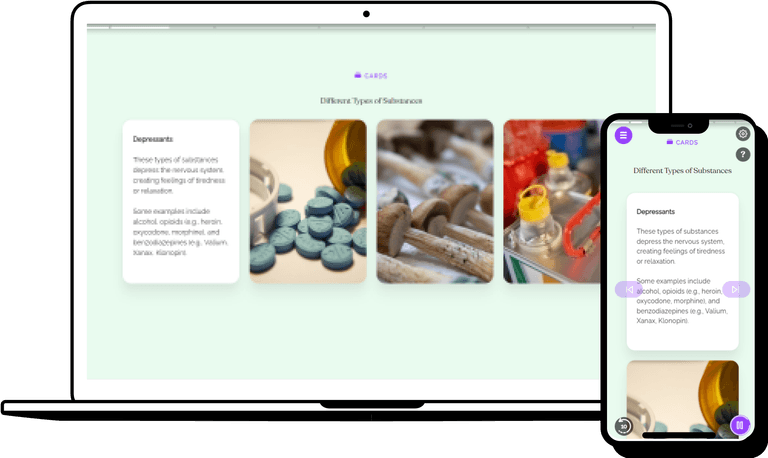The Unconscious mind
Explore the concept of the unconscious mind and its role in the workplace. We will look at how unconscious bias and decisions can influence our thoughts and behaviors in the workplace, as well as how we can become more aware of and mitigate these influences.

The role of the Unconscious System
The role of the Unconscious System is to quickly take stock of situations and send updates to our brains. It is believed that most of our thinking occurs in the Unconscious System and is where our unconscious thoughts and implicit biases stem from. Our Conscious System is slower, and more intentional and deliberate. It involves reasoning, the processing of more complex decisions, and is less prone to error. Some examples include solving a word problem, parallel parking, or deciding on the most cost-effective way to go on vacation.

The unconscious mind is the hidden part of our psyche and is believed to have a powerful influence on our emotions, behaviors, and thought processes.
Thought processes refer to how we process information and make decisions. The unconscious mind can impact the way we approach a problem or task, our ability to think critically, our ability to make decisions based on facts and logic, our ability to think abstractly, and our ability to generate new ideas.
Behaviors are highly impacted by the unconscious mind. Unconscious thoughts can influence how we act in a given situation, such as our body language, facial expressions, and the words we choose. Unconscious thoughts can also affect our decision-making processes, leading to impulsive behavior.
Emotions are one of the primary ways that the unconscious mind impacts our lives. The unconscious mind is responsible for regulating our emotional processes, such as our ability to sense, process, and respond to different emotional stimuli. It can also influence our behavior and thought processes, as it is responsible for our ability to identify and respond to our emotional states.
Examples of the Unconscious Mind
The unconscious mind is a powerful force that influences our behavior and affects our daily lives in ways that we may not even be aware of. Here are some examples to look out for:
Here are some myths to look out for:
- -
Dreams
- -
Impulse buying
- -
Intuition
- -
Memory
- -
Subconscious habits

Reduce Workplace Bias through workplace education
Reducing workplace bias through employee education is an important initiative that can help create an inclusive and equitable work environment. Education can help to present employees with the knowledge they need about the various forms of bias and provide them with the tools to recognize, challenge, and mitigate it.

Helping over 8,000 organizations create a safer, more productive workplace
EasyLlama’s online training course helps prepare employees to navigate unconscious biases. The course covers different types of bias and shows how biases can hinder inclusivity in the workplace and lead to harmful microaggressive behaviors. The course covers:





















